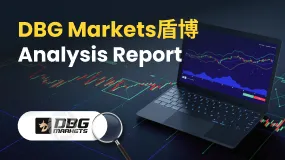Abstract:Target shares closed towards the lower end of the S&P 500 on Friday, with a decline of 4%. Investors showed concern over the potential extended duration of higher interest rates and the lower-than-anticipated initial jobless claims data. The entire consumer sector experienced a downturn as investors are apprehensive about an impending recession, which could adversely affect consumer spending.

Target shares closed towards the lower end of the S&P 500 on Friday, with a decline of 4%. Investors showed concern over the potential extended duration of higher interest rates and the lower-than-anticipated initial jobless claims data. The entire consumer sector experienced a downturn as investors are apprehensive about an impending recession, which could adversely affect consumer spending.
Although the Federal Reserve chose to maintain interest rates during its recent Wednesday meeting, it hinted at a forthcoming rate increase before the year concludes. Additionally, it indicated that interest rates are expected to remain elevated for a longer period than previously anticipated, possibly lasting another year before any reductions are witnessed in the market.
Consumers are already feeling the pressure of higher prices due to inflation, along with higher borrowing costs in the form of increased credit card and mortgage rates. And while the U.S. government‘s retail sales data shows spending increasing at a healthy rate, it doesn’t account for inflation.
That‘s important because it may mean that consumers aren’t buying more products, they are simply paying more for the products they already buy. Indeed, some analysts are already suggesting that total sales volumes are decreasing, simply because consumers havent been able to keep up with inflation and higher interest rates.
This could spell trouble for Target in the long-run as it indicates that eventually and maybe sooner than later, the consumer will finally break and pull back on spending. And if the amount of items being sold is decreasing it introduces the possibility of retailers like Target experiencing a glut of product on their shelves and in their warehouses in the coming months.










